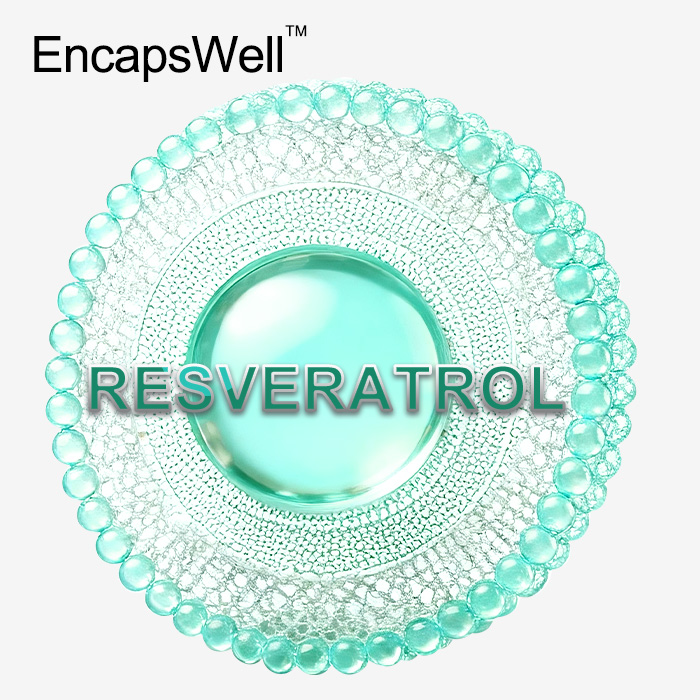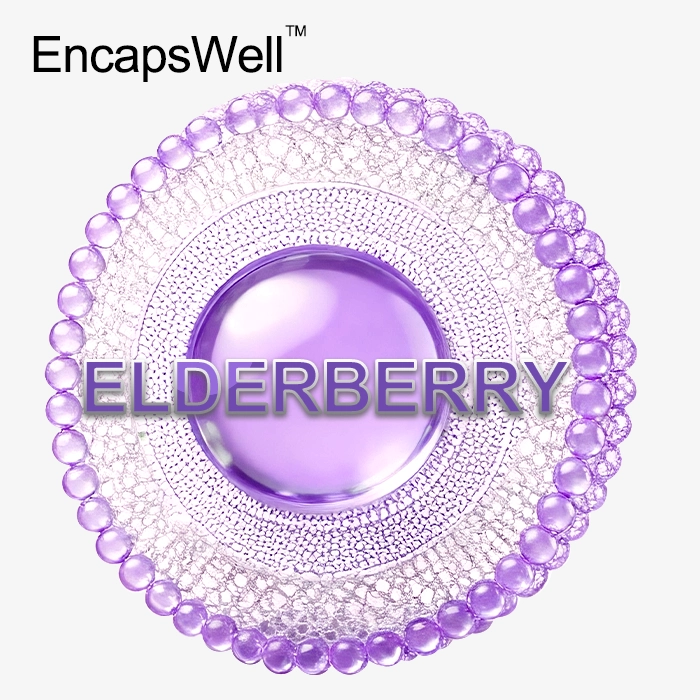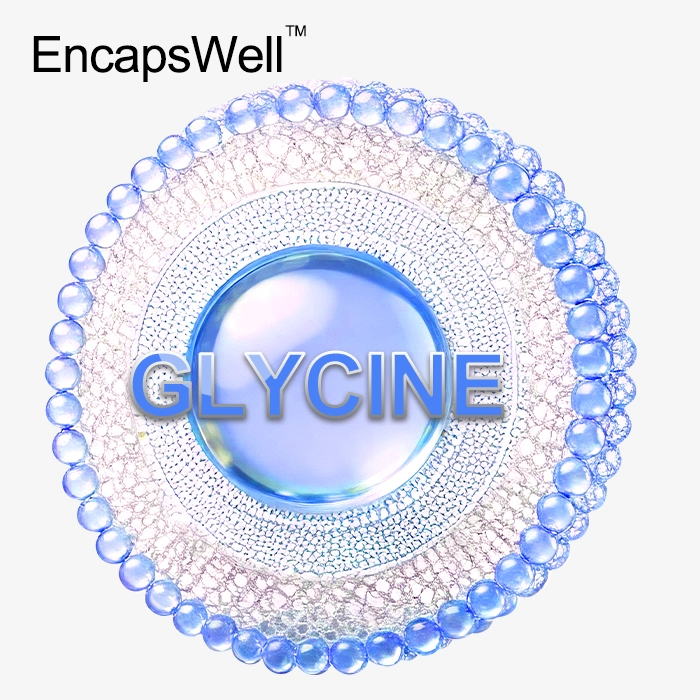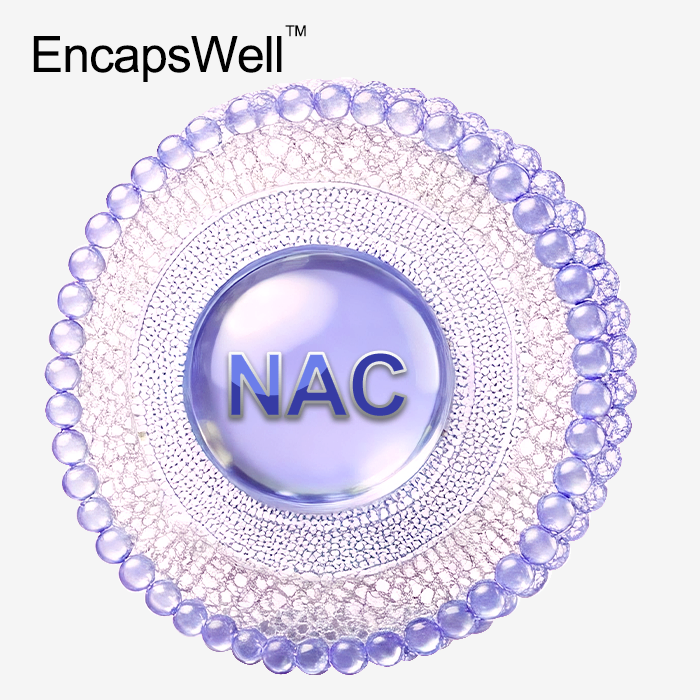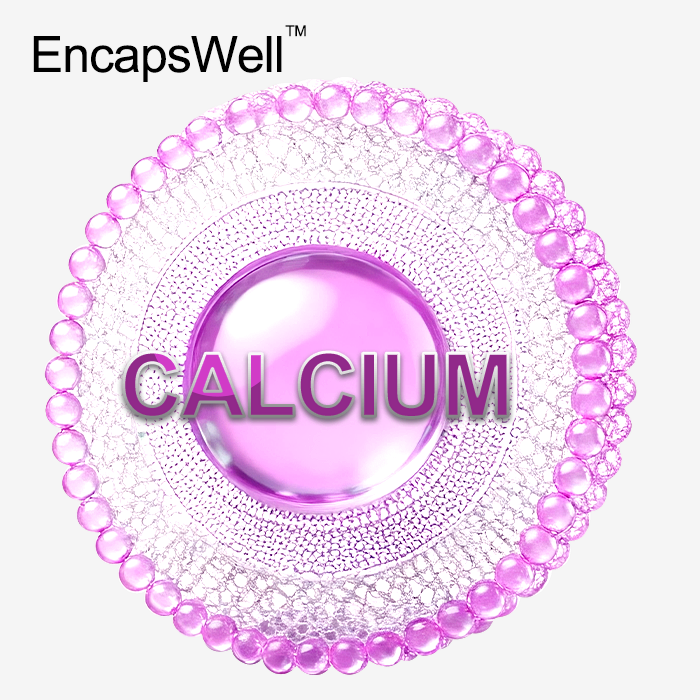The Science Behind Liposomal Delivery Systems for Polyphenols
Understanding Liposomal Technology
Liposomal technology represents a significant leap forward in the world of nutraceuticals. At its core, this innovative approach involves encapsulating active compounds within tiny lipid bubbles called liposomes. These microscopic spheres, typically ranging from 50 to 500 nanometers in size, are composed of phospholipid bilayers – structures remarkably similar to our own cell membranes.
The genius of liposomal delivery lies in its biomimetic nature. By mimicking the structure of cellular membranes, liposomes can seamlessly merge with our body's cells, delivering their payload directly where it's needed most. This process bypasses many of the obstacles that traditionally hinder supplement absorption, such as enzymatic degradation in the digestive tract or poor solubility in bodily fluids.
For polyphenols like resveratrol, which are notoriously difficult for the body to absorb and utilize efficiently, liposomal encapsulation offers a game-changing solution. It protects these delicate compounds from harsh stomach acids and digestive enzymes, ensuring that a higher percentage reaches the bloodstream intact and ready for action.
Enhanced Bioavailability of Liposomal Resveratrol
The concept of bioavailability is crucial when discussing the efficacy of any supplement, and it's particularly relevant for resveratrol. Traditional resveratrol supplements often suffer from poor absorption rates, with much of the active compound being metabolized or excreted before it can exert its beneficial effects.
Liposomal resveratrol powder addresses this challenge head-on. By encasing resveratrol molecules within liposomes, this formulation dramatically enhances the compound's bioavailability. Studies have shown that liposomal delivery can increase the absorption of certain nutrients by up to 20 times compared to their non-liposomal counterparts.
This enhanced bioavailability translates to more efficient uptake by cells throughout the body. As a result, users may experience more pronounced benefits from their resveratrol supplementation, even at lower doses. This improved efficiency not only maximizes the potential health benefits but also offers a more cost-effective approach to supplementation.
Stability and Shelf-life Considerations
Another significant advantage of liposomal resveratrol powder lies in its enhanced stability. Resveratrol, in its pure form, is highly sensitive to light, heat, and oxidation. These factors can degrade the compound over time, reducing its potency and effectiveness.
Liposomal encapsulation provides a protective barrier against these environmental stressors. The lipid bilayer of the liposome shields the resveratrol molecules from external factors that could compromise their integrity. This enhanced stability translates to a longer shelf-life for the product, ensuring that the resveratrol remains potent and effective even after extended storage periods.
Moreover, the stability of liposomal resveratrol powder extends beyond storage considerations. The protective liposomal coating also helps maintain the compound's integrity as it travels through the harsh environment of the digestive system. This means that a higher percentage of the ingested resveratrol survives the journey to the bloodstream, further contributing to its enhanced bioavailability and efficacy.
Mechanisms of Resveratrol in Cellular Signaling and Antioxidant Defense
Resveratrol's Impact on Cellular Pathways
Resveratrol's influence on cellular function extends far beyond its well-known antioxidant properties. This polyphenol compound interacts with a complex network of cellular signaling pathways, triggering a cascade of beneficial effects throughout the body.
One of the most significant pathways influenced by resveratrol is the activation of sirtuins, particularly SIRT1. Sirtuins are a family of proteins that play crucial roles in regulating cellular health, metabolism, and aging. By activating SIRT1, resveratrol can mimic some of the beneficial effects of calorie restriction, a well-established method for promoting longevity in various organisms.
Additionally, resveratrol has been shown to modulate the AMPK (AMP-activated protein kinase) pathway. AMPK is often referred to as the body's "metabolic master switch," regulating energy homeostasis and metabolism. By activating AMPK, resveratrol may help improve insulin sensitivity, enhance mitochondrial function, and promote cellular energy balance.
Free Radical Scavenging and Oxidative Stress Reduction
At the heart of resveratrol's health-promoting effects lies its potent antioxidant capacity. Free radicals, unstable molecules that can damage cellular structures, are a natural byproduct of metabolism but can accumulate to harmful levels due to factors like stress, pollution, and poor diet.
Liposomal resveratrol acts as a powerful free radical scavenger, neutralizing these harmful molecules before they can cause oxidative damage to cells. This antioxidant action helps protect cellular components, including DNA, proteins, and lipids, from oxidative stress-induced damage.
Moreover, liposomal resveratrol doesn't just neutralize existing free radicals; it also boosts the body's innate antioxidant defenses. Research has shown that liposomal resveratrol can upregulate the expression of endogenous antioxidant enzymes like superoxide dismutase and glutathione peroxidase. This dual action – direct free radical scavenging and enhancement of the body's antioxidant systems – provides comprehensive protection against oxidative stress.
Resveratrol's Role in Mitochondrial Function
Mitochondria, often called the powerhouses of the cell, play a crucial role in energy production and cellular health. Resveratrol has demonstrated remarkable effects on mitochondrial function, which may underlie many of its health-promoting properties.
Studies have shown that resveratrol can increase mitochondrial biogenesis – the process by which cells increase their mitochondrial mass. This effect is mediated in part through the activation of PGC-1α, a key regulator of mitochondrial function and energy metabolism. By promoting mitochondrial biogenesis, resveratrol may enhance cellular energy production and metabolic efficiency.
Furthermore, resveratrol appears to improve mitochondrial function by enhancing the efficiency of the electron transport chain, the series of protein complexes responsible for cellular energy production. This optimization of mitochondrial function can lead to reduced production of harmful reactive oxygen species, further contributing to resveratrol's antioxidant and cell-protective effects.
Integrating Liposomal Technology to Maximize Resveratrol Stability and Efficacy
Optimizing Liposome Formulation for Resveratrol Delivery
The integration of liposomal technology with resveratrol represents a synergistic approach to supplement formulation. However, creating an effective liposomal resveratrol powder requires careful consideration of various factors to ensure optimal stability and efficacy.
One crucial aspect is the composition of the liposomal membrane. Phosphatidylcholine, a type of phospholipid, is often used as the primary component due to its similarity to cell membranes and its ability to form stable liposomes. The ratio of phospholipids to resveratrol must be carefully balanced to achieve maximum encapsulation efficiency while maintaining the stability of the liposomal structure.
Additionally, the size of the liposomes plays a significant role in determining the effectiveness of the formulation. Smaller liposomes, typically in the range of 50-200 nanometers, tend to have better absorption rates and can more easily penetrate cellular barriers. Advanced techniques like extrusion or sonication are often employed to achieve a uniform size distribution of liposomes, ensuring consistent and predictable absorption.

Addressing Challenges in Liposomal Resveratrol Production
While liposomal technology offers numerous advantages for resveratrol delivery, its production comes with unique challenges that must be addressed to ensure a high-quality final product.
One significant challenge is maintaining the stability of the liposomes during production and storage of the liposomal resveratrol supplement. Liposomes can be sensitive to temperature fluctuations, pH changes, and mechanical stress. To overcome this, manufacturers often employ specialized techniques such as lyophilization (freeze-drying) to create a stable powder form that can be easily reconstituted without compromising the integrity of the liposomes in the liposomal resveratrol supplement.
Another consideration is preventing the aggregation of liposomes in the liposomal resveratrol supplement, which can reduce their effectiveness. This is often addressed through the careful selection of stabilizing agents and the optimization of the production process for the liposomal resveratrol supplement. Some formulations of the liposomal resveratrol supplement may incorporate additional compounds like cholesterol to enhance the stability of the liposomal membrane.
Quality Control and Efficacy Testing
Ensuring the quality and efficacy of liposomal resveratrol powder requires rigorous testing throughout the production process and in the final product.
Key parameters that are typically assessed include particle size distribution, encapsulation efficiency, and zeta potential (a measure of the electrical charge of the liposomes, which influences their stability). These characteristics are crucial in predicting the behavior of the liposomes in the body and their ability to effectively deliver resveratrol.
In vitro studies are often conducted to assess the release profile of resveratrol from the liposomes under conditions mimicking the human digestive system. This helps ensure that the liposomes protect the resveratrol through the harsh stomach environment and release it appropriately in the intestines for absorption.
Finally, bioavailability studies in animal models or human subjects provide the ultimate test of efficacy. These studies compare the blood levels of resveratrol achieved with liposomal formulations versus traditional supplements, offering concrete evidence of the enhanced absorption and bioavailability provided by liposomal technology.
Conclusion
Liposomal resveratrol powder represents a significant advancement in the field of nutraceuticals, offering a solution to the longstanding challenge of resveratrol's poor bioavailability. By harnessing the power of liposomal technology, this innovative formulation enhances the absorption and cellular delivery of resveratrol, potentially amplifying its numerous health benefits. As research continues to unravel the complex mechanisms of resveratrol's action in the body, the importance of effective delivery becomes increasingly clear. Liposomal resveratrol powder stands at the forefront of this evolution, providing a more efficient and potentially more impactful way to harness the health-promoting properties of this remarkable polyphenol.
FAQs
1. What makes liposomal resveratrol powder different from regular resveratrol supplements?
Liposomal resveratrol powder uses advanced liposomal technology to encapsulate resveratrol molecules, enhancing their absorption and bioavailability in the body. This addresses the poor absorption issues associated with traditional resveratrol supplements.
2. How does liposomal delivery improve resveratrol's effectiveness?
Liposomal delivery protects resveratrol from degradation in the digestive system and facilitates more efficient cellular uptake, potentially maximizing its health benefits including support for cardiovascular health, cellular longevity, and antioxidant defense.
3. Are there any side effects associated with liposomal resveratrol supplements?
Liposomal resveratrol is generally well-tolerated. However, as with any supplement, it's important to consult with a healthcare professional before starting use, especially if you have pre-existing health conditions or are taking medications.
Experience the Power of Liposomal Resveratrol Powder | EmerWell
At EmerWell, we specialize in cutting-edge liposomal supplement formulations. Our EncapsWell™ liposomal platform transforms resveratrol into a highly bioavailable powder, ensuring superior absorption and stability. As a leading supplier, manufacturer, and factory for liposomal technologies, we offer comprehensive OEM/ODM services to bring your vision to market. Experience the difference of scientifically-backed, premium quality liposomal resveratrol powder. Contact us at info@emerwell-bio.com to explore how we can elevate your supplement line.
References
1. Smoliga, J. M., Baur, J. A., & Hausenblas, H. A. (2011). Resveratrol and health – A comprehensive review of human clinical trials. Molecular Nutrition & Food Research, 55(8), 1129-1141.
2. Bonechi, C., Martini, S., Ciani, L., Lamponi, S., Rebmann, H., Rossi, C., & Ristori, S. (2012). Using liposomes as carriers for polyphenolic compounds: The case of trans-resveratrol. PLoS One, 7(8), e41438.
3. Catalgol, B., Batirel, S., Taga, Y., & Ozer, N. K. (2012). Resveratrol: French paradox revisited. Frontiers in Pharmacology, 3, 141.
4. Amri, A., Chaumeil, J. C., Sfar, S., & Charrueau, C. (2012). Administration of resveratrol: What formulation solutions to bioavailability limitations? Journal of Controlled Release, 158(2), 182-193.
5. Gambini, J., Inglés, M., Olaso, G., Lopez-Grueso, R., Bonet-Costa, V., Gimeno-Mallench, L., ... & Borras, C. (2015). Properties of resveratrol: In vitro and in vivo studies about metabolism, bioavailability, and biological effects in animal models and humans. Oxidative Medicine and Cellular Longevity, 2015.
6. Ravi, T. P., & Padma, T. (2011). Nanoemulsions for drug delivery through different routes. Research in Biotechnology, 2(3).


